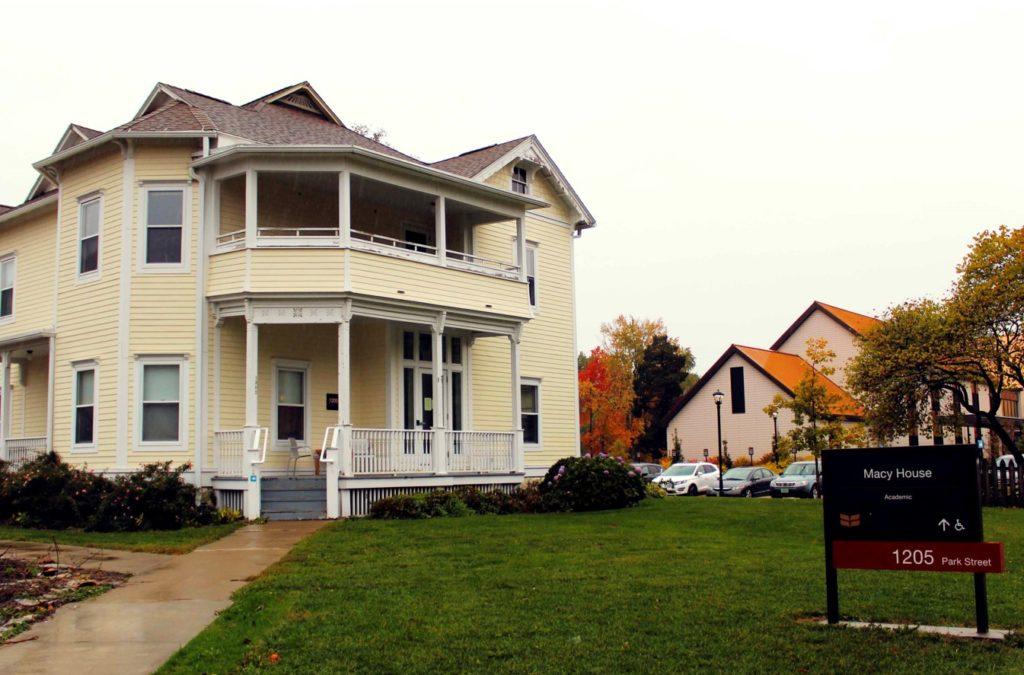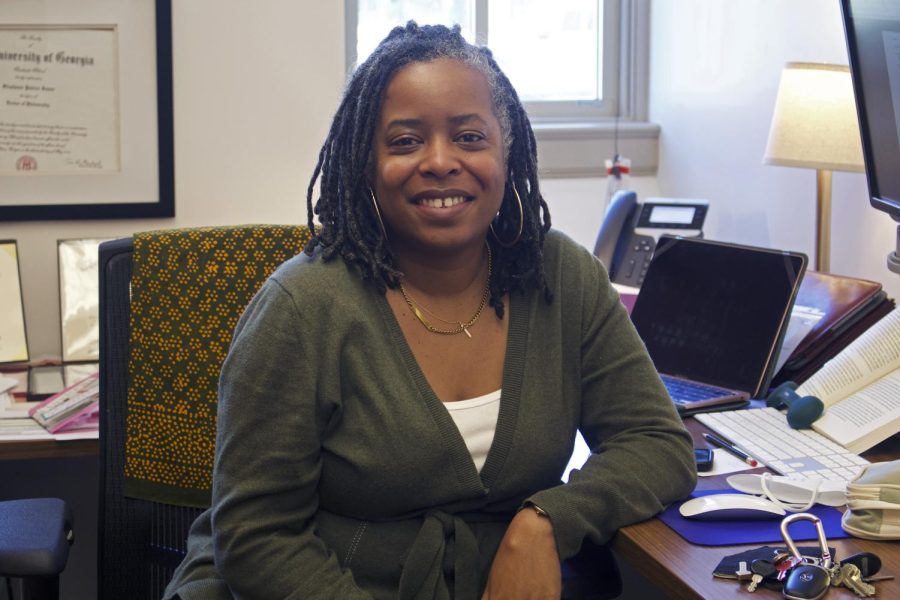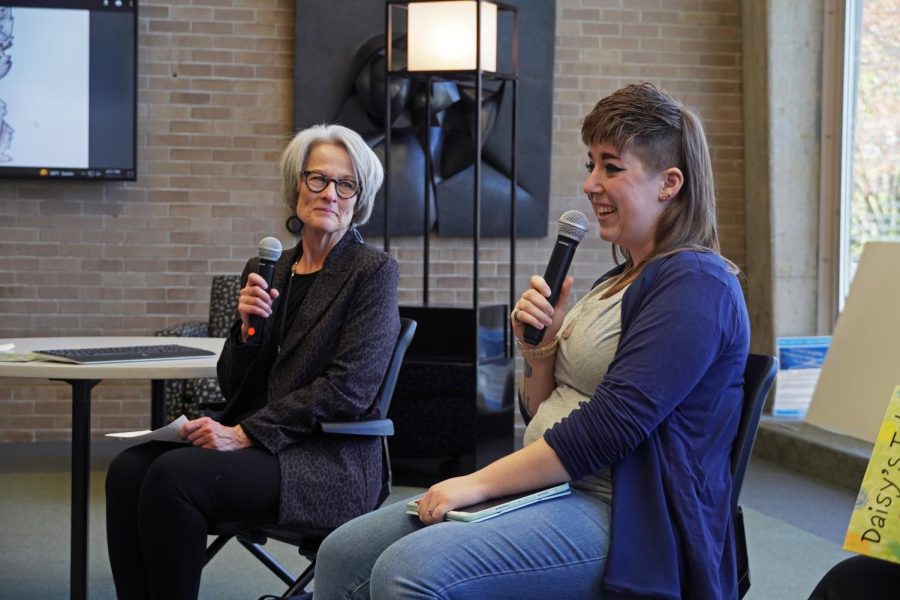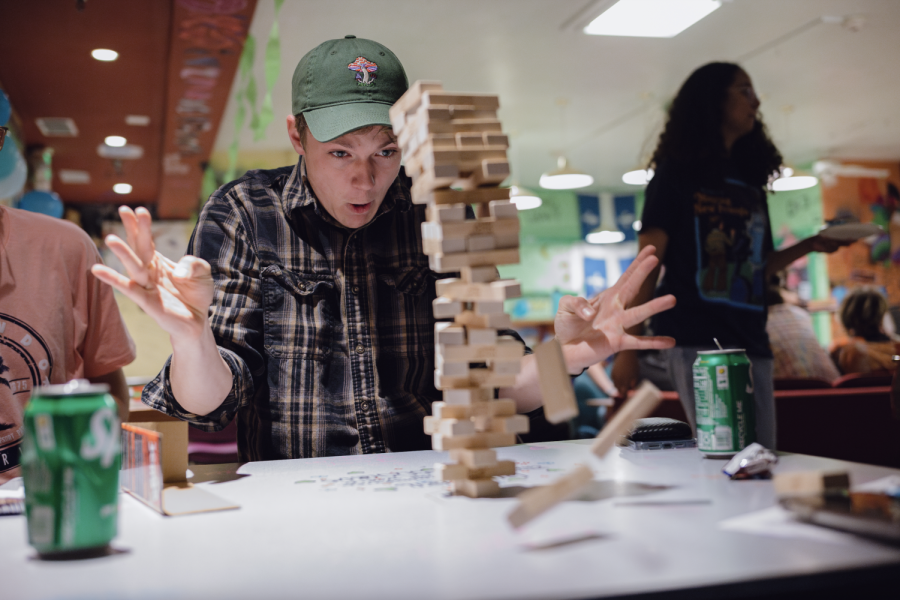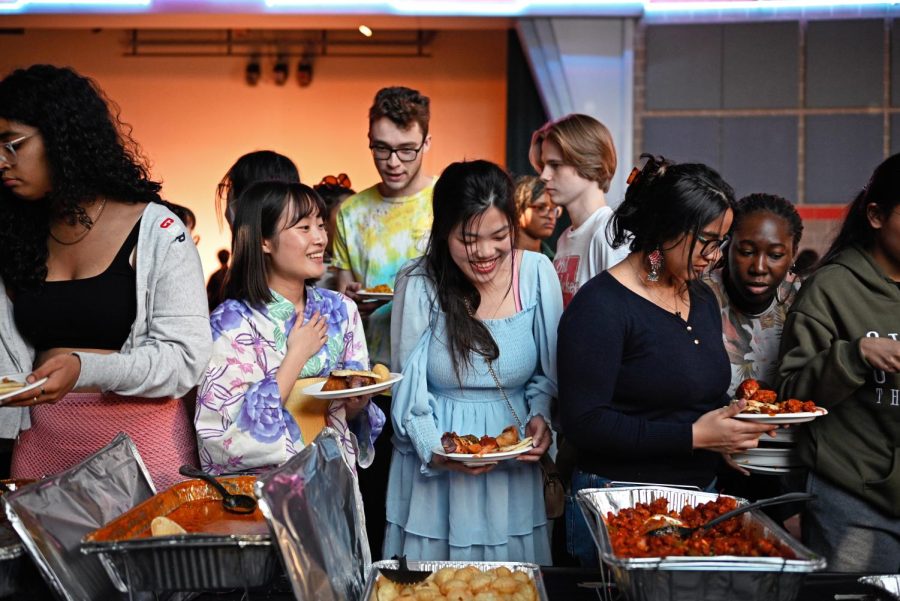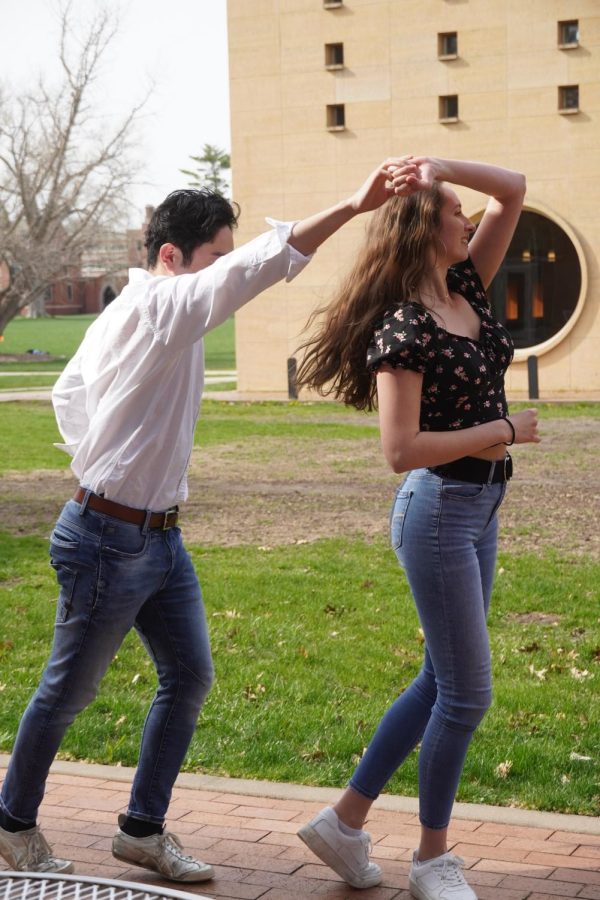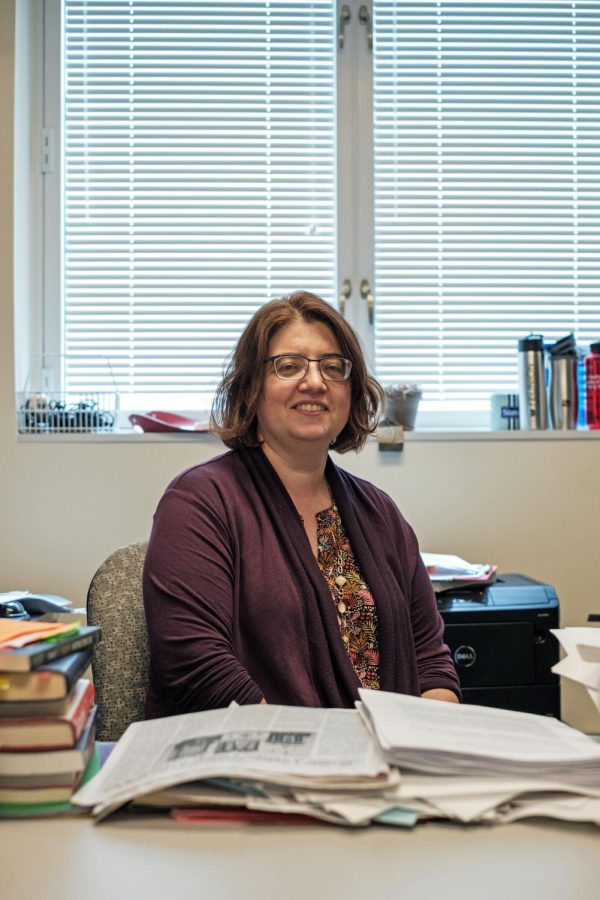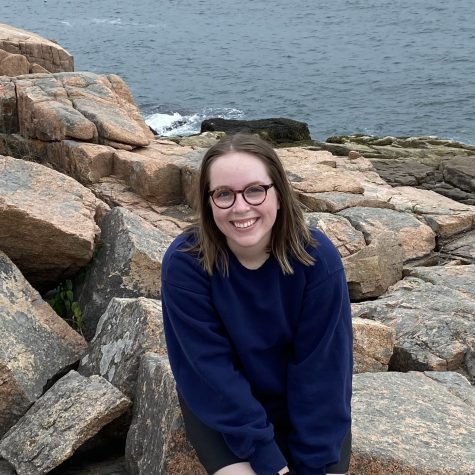By Saniya Kelkar
kelkarsa@grinnell.edu
The Center for Prairie Studies (CPS) appointed Professor Jon Andelson as the new interim director for the academic year 2021-22 after the previous director resigned unexpectedly. Andelson, who works in the anthropology department, was one of the founders of CPS and the director until he retired in 2020. Dean Elaine Marzluff asked Andelson to return as interim director to help the College find a new hire for the coming years.
“I had put a lot of time in the center and I care deeply about it,” said Andelson. “I was concerned about what the College will do about it. I was looking forward to a lighter schedule but I’m happy to do it.”
The College established the center in 1999 with the intention of connecting people with Iowa’s landscape. Sustainability, community and location are the center’s core values and it strives to engage more students with the location (in this case, Iowa). Andelson and other board members aim to make people understand the importance of place and learn to appreciate it instead of apologizing for it.
In order to achieve this, the center has gone through many changes over the years. Initially, it only had three board members, but now includes faculty, students and community members on the advisory board.
The CPS added campus jobs in the College garden to encourage more students to join the Center. “It is one way to encourage students and other members of the community to think about agriculture,” said Andelson.
Additionally, Mark Baechtel, director of forensic activities and club sports, started the journal Rootstalk six years ago, which encourages student input via short stories, poems, essays and scholarly articles. Over the years, CPS has also collaborated with the Grinnell Museum of Art and jointly sponsors the Prairie Artisan series.
Jacy Highbarger `22, a student on the advisory board, got involved in CPS by being an active member of the “Too Much Grass” student initiative in the spring of last year. Highbarger talked about how CPS made her realize the importance of location.
“I think it is a human responsibility to care for the land and what inhabits it; by connecting to the land, you can connect to yourself,” said Highbarger.
Another popular venture of CPS includes inviting guest speakers on campus, such as a recent talk by Charles Connerly `68 titled “Why is Iowa So White?” Professor Cori Jakubiak, education, particularly enjoys having dinner with CPS members and the speakers before the talks, as she believes it helps start interesting conversations as well as breaks down the hierarchy between students and professionals or guest speakers.
“This is a space where I meet students I connect to,” Jakubiak said. “I view them as my equals in that setting. And sometimes, [they are] even more knowledgeable than I am.”
CPS has also collaborated with Conard Environmental Research Area (CERA), which also has helped to include more scientific knowledge about the prairie and farming. CERA staff also sit on the CPS Advisory Board. Some initiatives they plan are prairie burns and other events informing students and community members about the environment.
Additionally, CPS has also been collaborating with the Grinnell Outdoor Recreation Program (GORP). GORP has helped sponsor transportation for CPS as well as led trips to different places in Iowa as a way for students to appreciate the state.
In the future, CPS hopes to continue with its tradition of spoon carving with Andelson and Environmental and Safety Coordinator Chris Bair in the Grinnell College Garden. The center will also continue the Prairie Artisan series as well as introduce new traditions like barn quilting and more talks on topics like the pre-farming history of indigenous people in Iowa, engaging more students from other departments.
As interim director, Andelson hopes his future successor will make even more changes to involve more students and members of the community.













































